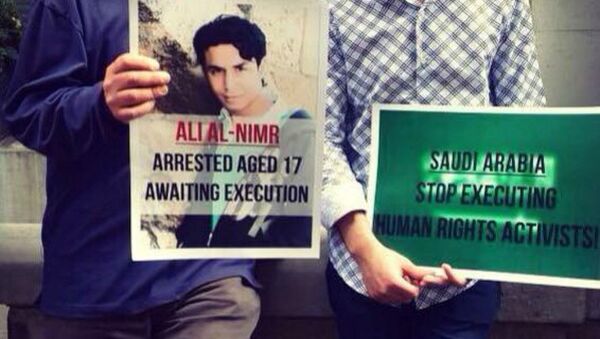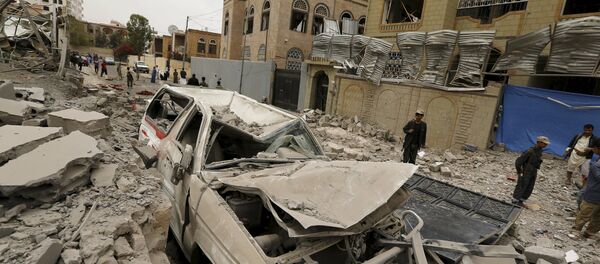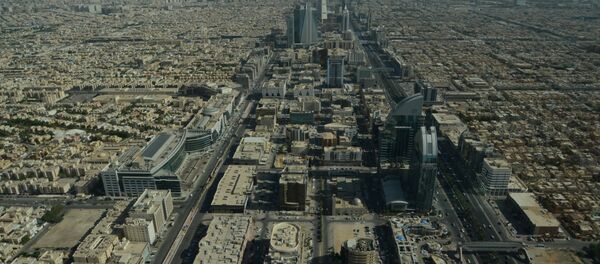In 2012, he was arrested at the age of 17 following a police clampdown on anti-government protests in the Shiite province of Qatif.
He was accused of taking part in illegal protests and illegally possessing firearms, even though no evidence has been provided to confirm the latter charge. In 2014, he was sentenced to death by crucifixion, Saudi Arabia's harshest penalty during which the decapitated body is publicly displayed.
Speculation is rife that the case against Ali may be based on his connection to Sheikh Nimr al-Nimr, who is his uncle and a prominent religious leader and critic of the Saudi regime.
Rights activists said that the younger al-Nimr was tortured, denied access to lawyers, and forced to sign a confession under duress.
Commenting on his sentence, Maya Foa, director of the death penalty team at legal charity Reprieve said "no one should have to go through the ordeal Ali has suffered — torture, forced 'confession', and an unfair, secret trial process."
"His execution — based apparently on the authorities' dislike for his uncle, and his involvement in anti-government protests —would violate international law and the most basic standards of decency. It must be stopped," Foa added.
Saudi Arabia has one of the world's highest execution rates, and only China and Iran carry out more judicial killings, according to Amnesty International.
Meanwhile, a Facebook page has been created to voice protest at the death sentence on Ali Mohammed al-Nimr, whose family vehemently denies all the charges against him.








